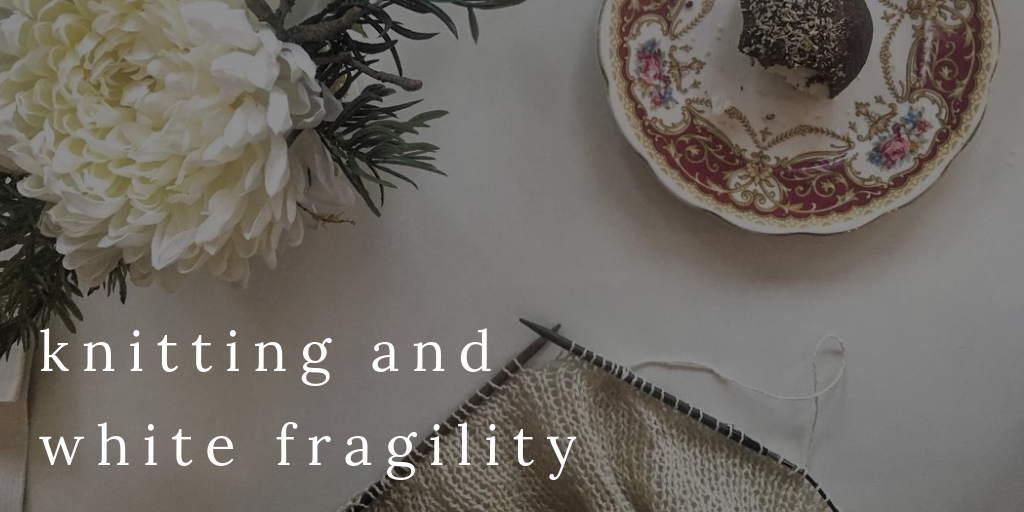Waves have come crashing down in the knitting world this past month, sparking challenging conversations on diversity and racism. It all started with this blog post, about one prolific blogger’s upcoming trip to India. Although the post wasn’t overtly racist, it did contain some subtle messages about the portrayal of India through a white person’s mindset.
Not long after the post was published, I found myself reading with interest the numerous stories on Instagram from knitters speaking out (these stories from @stitchtowear and @thecolormustard are both good places to start).
As I mulled over the stories, I found myself going through a multitude of feelings:
Confusion. Wait a second, is this really an issue? Were the words in that original post really that hurtful?
Fear. How do I respond to this? Will I be targeted by speaking up?
Guilt. Am I guilty of this as well? Have I unknowingly written posts that are offensive to BIPOC (black, indigenous and people of colour)?
The more I reflected on my feelings as I read about the racist experiences that BIPOC knitters have endured, the more I recognized that I was an integral part of the problem. As a white woman, I was the very definition of white privilege, and my thoughts couldn’t be more characteristic of white fragility.
As I continued to dive into the vast amount of information on racism to be found on the Internet, I stumbled upon this passage:
““The most effective adaptation of racism over time,” DiAngelo claims, “is the idea that racism is conscious bias held by mean people.” This “good/bad binary,” positing a world of evil racists and compassionate non-racists, is itself a racist construct, eliding systemic injustice and imbuing racism with such shattering moral meaning that white people, especially progressives, cannot bear to face their collusion in it. (Pause on that, white reader. You may have subconsciously developed your strong negative feelings about racism in order to escape having to help dismantle it.)”
It was as if a light bulb had been turned on.
It made me step back and think: about my travel experiences in 2016, about my blog, and about how my portrayal of other countries was a direct reflection, a mirror into my privileged whiteness.
This discussion can be uncomfortable, especially if it’s a discussion you’re not used to having. However, I believe that it’s those difficult conversations that are often the ones that are the most needed.
Here are a few resources that explain more about the concepts of white privilege and white fragility.
Resources you can knit to
- This podcast episode by Making Contact on how white people can work for racial justice.
- This Youtube video featuring Robin DiAngelo on deconstructing white privilege.
And food for thought:
- On White Fragility
- On White Privilege
- On White Supremacy
- On Racism in Canada:
To quote Martin Luther King Jr., “Shallow understanding from people of good will is more frustrating than absolute misunderstanding from people of ill will.”
The deepening of our understanding on racial injustices isn’t an easy task, but it’s a necessary one.
Note that although I would love to hear everyone’s thoughts on this issue, I am also committed to making Wooly Ventures a safe place for everyone, and as such will be removing comments that I feel are not respectful of others.

